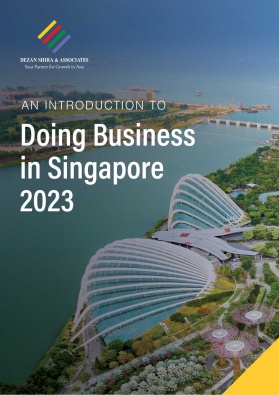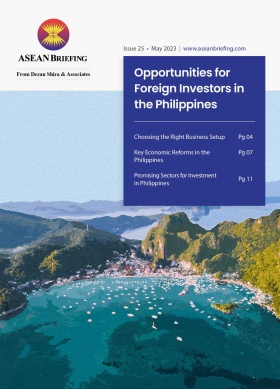Boosting Share Market Liquidity: Decreased Stamp Duty on Bursa Malaysia Trades
Malaysia has reduced the stamp duty rate for shares traded on Bursa Malaysia from 0.15 percent to 0.1 percent. The move aims to widen affordable investment choices and deepen investors’ interests in the domestic capital market.
Lowering entry cost barriers
Since July 2023, Malaysia’s government has reduced the stamp duty rate for shares traded on the country’s stock exchange—the Bursa Malaysia—from 0.15 percent to 0.1 percent. The new stamp duty rate is subject to a maximum cap of 1,000 ringgit (US$218) per contract.
Through this initiative, the government hopes to reduce the cost of securities transactions and thus encourage small and medium-sized enterprises (SMEs) to pursue initial public offerings (IPO).
Moreover, the lower trading costs could result in higher trade volumes, particularly among retail investors who are known to trade with higher frequency and are therefore more sensitive to transaction costs.
Easing IPO rules
The government will also implement reforms to make it easier for companies to list on the local stock exchange by reducing the time it requires to be listed – it can take a company twice as long to list on Bursa Malaysia (nine to 12 months) compared to the US Nasdaq (six months or less).
Bursa Malaysia is targeting 39 new listings for 2023, with an estimated combined market capitalization of 10 billion ringgit (US$2.1 billion).
Targeting family offices
The Malaysian Ministry of Finance (MoF) and Securities Commission (SC) will also develop preferential policies to attract more investors to promote family office setups in Malaysia. Through more facilitative tax and incentive policies, the government expects to facilitate family office establishments, boosting corporate venturing and fostering greater domestic direct investment (DDI).
The family offices sector in Malaysia is still in its nascent stages of development. The country will face many challenges in developing this sector, ranging from ensuring the smooth flow of capital to stabilizing the ringgit and offering appealing tax incentives. Furthermore, the country lacks the infrastructure to support a vibrant stock market.Malaysia will also face tough competition from its neighbor Singapore, which has become a hub for family offices not only in the region but in Asia. There were some 1,500 family offices registered in Singapore by the end of 2022, managing around S$90 billion (US$66.8 billion) of assets in 2021.
Among the most notable people to establish a family office in Singapore are Google co-founder Sergey Brin, the former CEO of Fosun International Liang Xinjun, and Chairman of Reliance Industries Mukesh Dhirubhai Ambani.
Summary
Malaysia’s multifaceted approach to enhancing its capital markets, encouraging IPOs, and attracting family offices demonstrates its commitment to economic growth and competitiveness. The success of these initiatives, however, hinges on effective policy implementation, infrastructure development, and the ability to navigate competitive challenges.
About Us
ASEAN Briefing is produced by Dezan Shira & Associates. The firm assists foreign investors throughout Asia and maintains offices throughout ASEAN, including in Singapore, Hanoi, Ho Chi Minh City, and Da Nang in Vietnam, in addition to Jakarta, in Indonesia. We also have partner firms in Malaysia, the Philippines, and Thailand as well as our practices in China and India. Please contact us at asean@dezshira.com or visit our website at www.dezshira.com.







